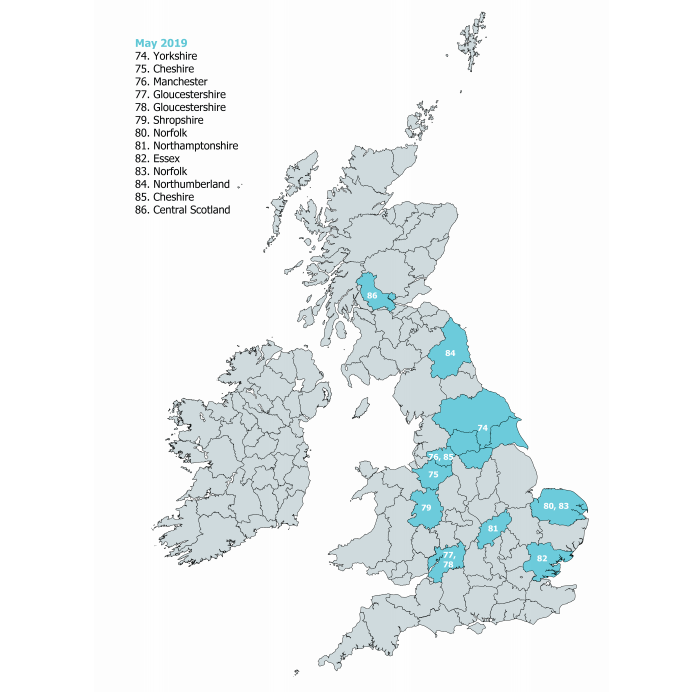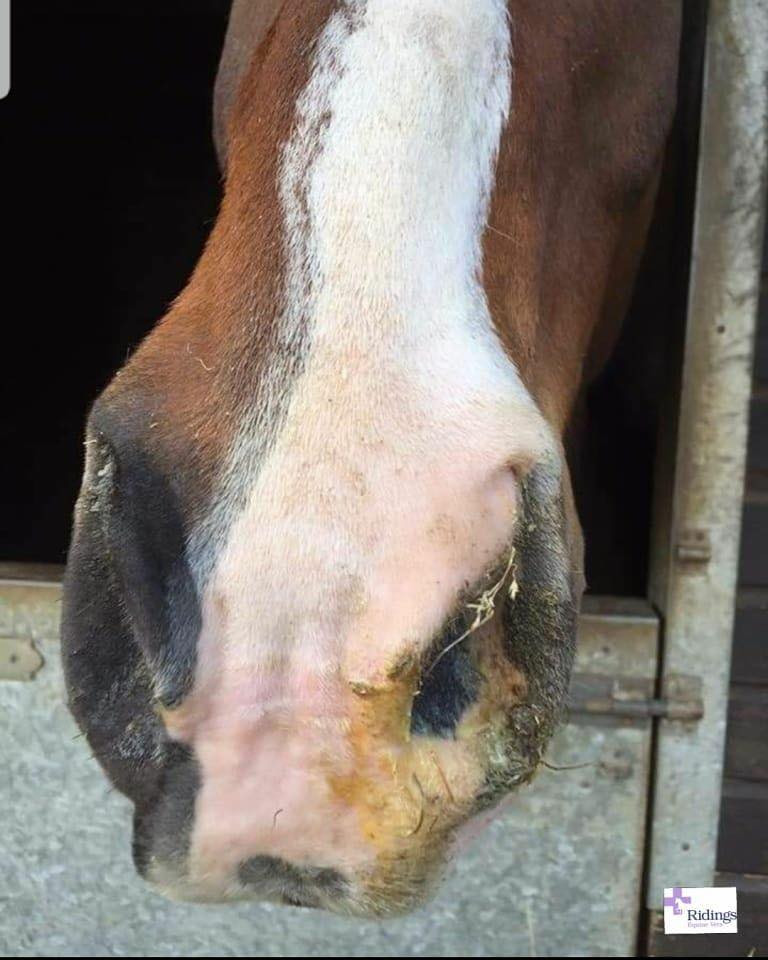A reminder that although equine flu is not making the headlines all owners should still be maintaining their flu vaccines We would still recommend that ideally your horse should have a booster 6 months after their previous vaccine - or arrange a booster if it is already over 6 months since your last vaccine.
The latest update shows 9 new cases confirmed in the UK last week - and a case has been confirmed in Yorkshire earlier this month.

The BEF issued a statement yesterday:
"BEF urges owners to maintain their vigilance and ensure their vaccination records are up to date. We strongly recommend that if it has been longer than six months since the last vaccination, owners should discuss a booster with their veterinary surgeon.
It is also vital that unvaccinated horses do not mix with other equines due to the increased risk of such an infectious disease spreading."
We have posted several times advising how to prevent spread of flu and symptoms your horse could show - but here is a reminder:
- Lethargy
- Nasal discharge
- Dry cough
- High temperature
- Enlarged glands
- Loss of appetite
- Conjunctivitis
It’s vital Equine Influenza in diagnosed as soon as possible, as horses require immediate isolation due to the disease been extremely contagious. It can be spread by horses coming and going from a yard but it is also a airborne disease. This is why we will always recommend getting your horse vaccinated against flu even if they don’t leave the premises.
Please remember that although the risk is much lower, it is possible for vaccinated horses to contract the disease usually with much milder symptoms.
If you are at all worried please don’t hesitate to contact us on 07747 771182.

